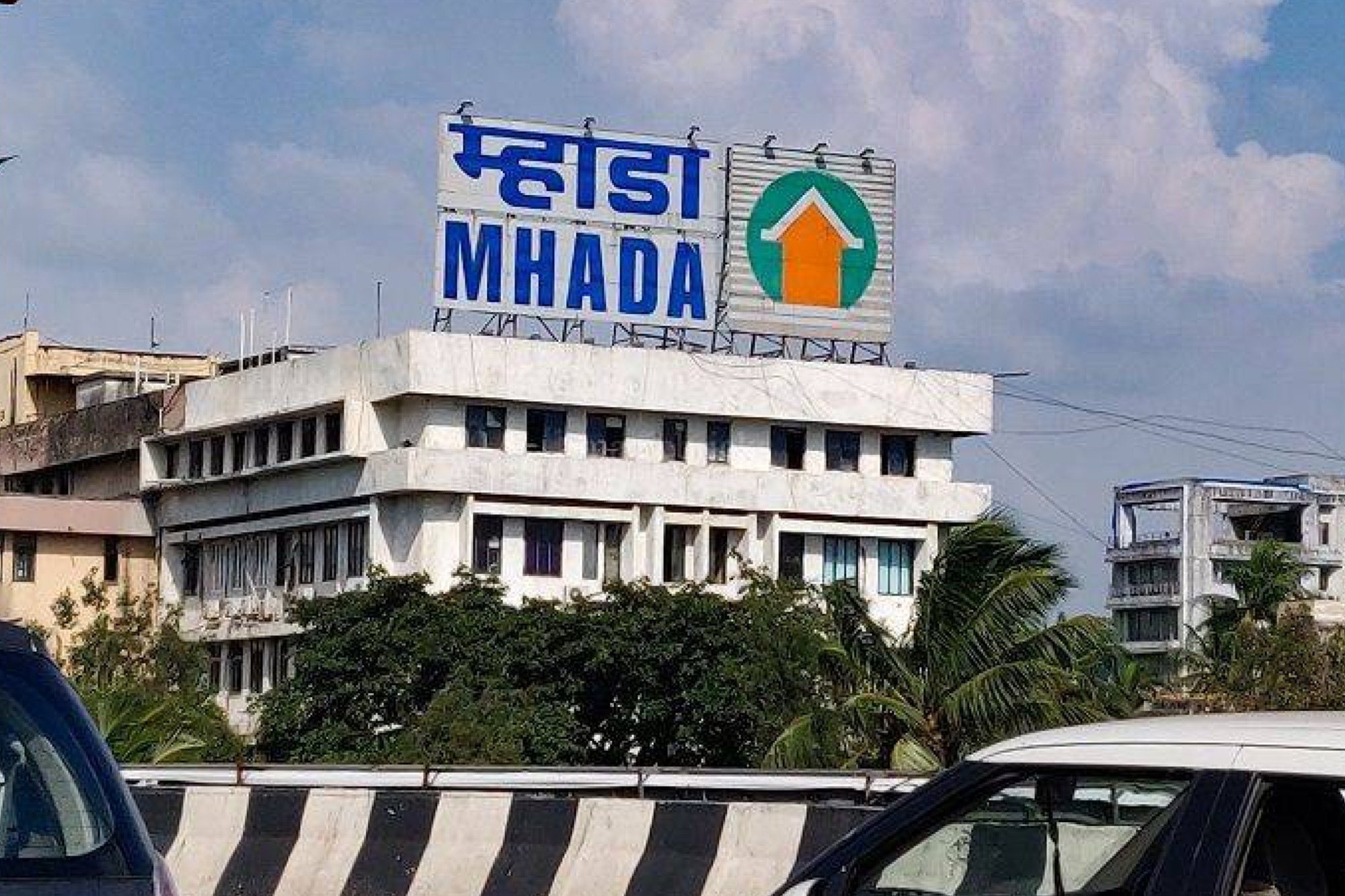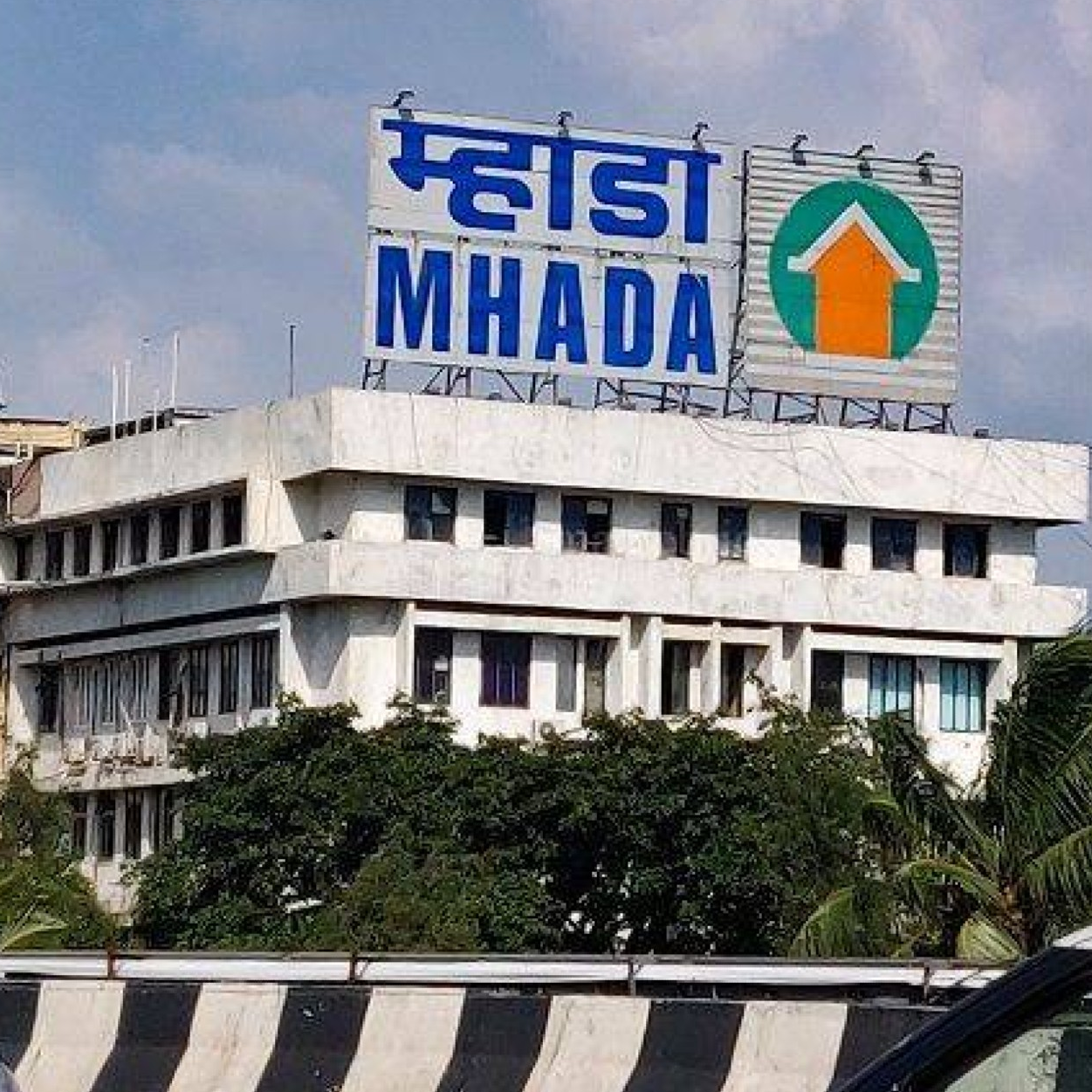
A Model for Compassionate Redevelopment, MHADA to Rehouse 83 Prabhadevi Families, MMRDA Funds ₹98 Crore
Mumbai’s redevelopment story continues to evolve, this time, with a rare example of collaboration, compassion, and accountability between two key public agencies. Guided by IAS Sanjeev Jaiswal, Vice President and CEO of the Maharashtra Housing and Area Development Authority (MHADA), a humane solution has emerged for 83 families displaced by the reconstruction of the Prabhadevi Bridge, part of the ambitious Worli, Shivdi elevated road project.
The Mumbai Metropolitan Region Development Authority (MMRDA), which is executing the infrastructure project, will spend ₹98 crore to fund new MHADA homes for the affected families. The initiative marks a turning point in how urban infrastructure projects can address citizen displacement, balancing progress with empathy.
This development is not merely a housing transaction, it represents a maturing governance model where agencies coordinate instead of collide, ensuring that no citizen is left behind in the city’s race toward modernization. Under Jaiswal’s leadership, MHADA continues to demonstrate that inclusive redevelopment, when planned with precision and transparency, can be both socially equitable and economically sound.
The Infrastructure Behind the Decision
The MMRDA’s Worli, Shivdi elevated road is part of a larger vision to provide faster access from South Mumbai to the Atal Setu, one of India’s most important sea link connectors. The new road is designed to ease congestion and reduce travel time dramatically between Mumbai’s core business districts and Navi Mumbai.
However, the project’s route passes directly over the aging Prabhadevi Bridge, deemed structurally unsafe. MMRDA decided to demolish the old bridge and replace it with a modern double-decker structure, ensuring long-term safety and smoother connectivity. Yet, this critical infrastructure upgrade came at a human cost, two residential buildings in the area were directly impacted, rendering 83 families temporarily homeless.
What could have turned into a contentious issue was instead addressed through coordination and foresight. Rather than leaving residents to face uncertainty, MMRDA and MHADA joined forces to find a structured, transparent rehabilitation plan.
A Human-Centered Response
MHADA’s Mumbai Building Repairs and Reconstruction Board (MBRRB) swiftly identified 119 suitable housing units across the Parel, Prabhadevi, and Matunga areas. From this pool, 83 flats were finalized by MMRDA to accommodate the displaced families.
Each selected home aligns with MHADA’s redevelopment and pricing policy, ensuring fairness and uniformity in allocation. The identified homes range between 300 and 750 square feet, offering safe and well-connected living environments to the affected citizens.
The total cost, based on MHADA’s pricing norms, stands at approximately ₹98 crore, which MMRDA will bear in full. This ensures that families are not burdened financially and receive their new homes in established urban neighbourhoods, close to their original social ecosystem.
Upgrading Lives Along with Infrastructure
The most striking aspect of this initiative is that the new MHADA homes are larger than the old ones. Residents previously occupying 300 sq. ft. homes will now receive 405 sq. ft. apartments, reflecting a 35 percent increase in space. This not only fulfills rehabilitation requirements but also enhances the standard of living for many families who have long lived in congested, outdated buildings.
The identified properties include addresses such as Lokmanya Nagar Priyadarshini, S.K. Bole Marg, Shaninivas Tower, Pinnacle Building, Anand Hats, Dadasaheb Phalke Marg, Khedgalli, Uma Niwas, Lakshmi Building, Badani Bohri Chawl, Parsamani CHS, Sheetla Devi Mandir Marg, Belasis Road, and Nebist Road. Each location is strategically chosen for connectivity, safety, and access to essential civic infrastructure.
Leadership That Redefines Collaboration
IAS Sanjeev Jaiswal’s administrative leadership has been instrumental in aligning housing and infrastructure priorities across Maharashtra. By fostering inter-agency collaboration, MHADA under his direction has turned potential conflicts into coordinated outcomes.
This case demonstrates how transparent processes and empathy-driven planning can reshape the narrative of urban development. Instead of displacement and resentment, the Prabhadevi case has become an example of responsible redevelopment, a phrase that is quickly defining MHADA’s new era of governance.
Such initiatives echo Jaiswal’s broader housing vision, to transform MHADA from a bureaucratic agency into a citizen-centric institution, one that delivers both homes and hope. His approach emphasizes data-backed decision-making, transparent tendering, and digital process tracking, all of which have restored faith in state-led housing systems.
The Economics of Urban Compassion
Beyond the humanitarian angle, this project also showcases fiscal responsibility. The ₹98 crore that MMRDA will invest is not an expenditure but an investment in long-term stability. Ensuring safe, planned rehousing prevents the need for ad hoc compensation or prolonged legal disputes, saving both time and public resources.
Moreover, the project demonstrates that urban progress and social justice can coexist. By providing homes in the same vicinity, Parel, Prabhadevi, and Matunga, MHADA preserves community networks, employment accessibility, and schooling continuity for affected citizens.
This neighbourhood-based rehabilitation also enhances civic confidence in state projects, reducing public resistance and accelerating project timelines. In a city where infrastructure projects often face opposition, this model could redefine public cooperation as a key driver of growth.
Transparency and Verification Matter
As Mumbai undergoes rapid transformation, the importance of verified information cannot be overstated. Citizens are advised to track housing and redevelopment updates through MHADA’s official website and MMRDA’s communication channels to avoid misinformation.
This commitment to clarity and accountability mirrors the principles of good governance, ensuring that every beneficiary knows their rights, entitlements, and timelines transparently.
Toward a More Inclusive Urban Future
The MHADA, MMRDA collaboration for the Prabhadevi families is more than an administrative success, it’s a template for humane urban policy. It shows that when government bodies communicate and coordinate effectively, cities can grow without leaving their people behind.
As Mumbai continues to expand through mega-projects like the Coastal Road and the Worli, Shivdi connector, the city’s development narrative must balance infrastructure with empathy. Under Jaiswal’s guidance, MHADA’s evolving approach demonstrates that every home built or rehabilitated is not just a physical structure, but a foundation of trust between citizens and the state.
In an era of rising urban density and infrastructure urgency, the Prabhadevi story offers a glimpse into a more compassionate urban India, one where development and dignity walk hand in hand.


